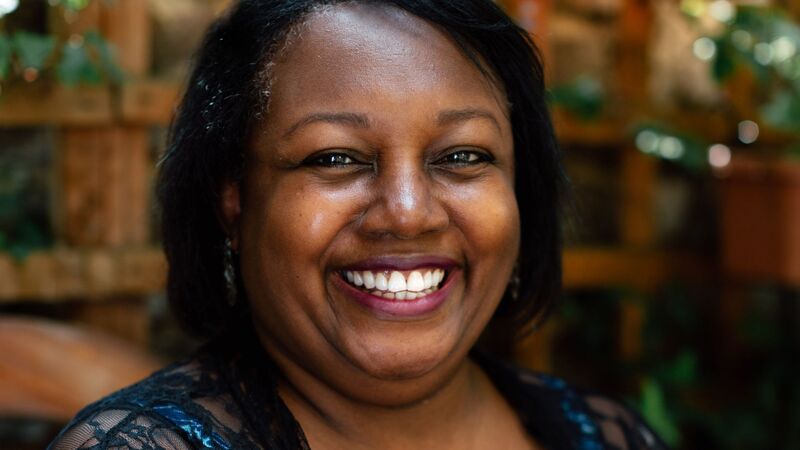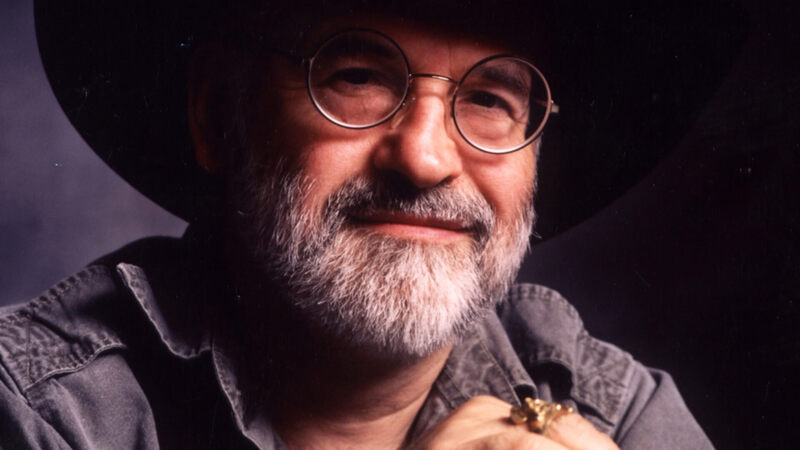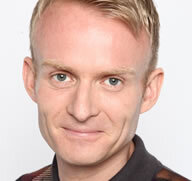You are viewing your 1 free article this month. Login to read more articles.
Making it mainstream
The former editor-in-chief of Attitude magazine asks whether publishing is experiencing a watershed moment for LGBTQ+ representation.
Everyone knows the way to cause a stir in an opinion piece is to go on a rant. But I want to do something different—I want to celebrate a change I waited to see for years. That’s how much better the industry is at publishing gay-themed fiction.
The last time I wrote a column for The Bookseller—in 2017—I argued that publishers were frightened of commercial fiction exploring gay themes and were failing to fulfil their duty to reflect British society in all its glorious diversity. I went on a bit of a rant. In fairness, it was a qualified rant. I drew on my experience as editor-in-chief of Attitude, the UK’s bestselling magazine for gay men, to argue there was a market for gay fiction—and that the mainstream, straight population would be receptive to it, as they’d demonstrated in other artforms.
A few months later I mounted a crowdfunding campaign for my own gay-themed novel, The Madonna of Bolton, which had been rejected by over 30 editors. It attracted widespread press coverage and the book became Unbound’s fastest crowdfunded novel ever. I did all this because I wanted to give publishing a kick up the backside. It’s only fair, then, that I take this opportunity to celebrate how much the situation has improved. For the first time, gay-themed literary fiction is complemented by a decent raft of commercial fiction, by the likes of Justin Myers, Graham Norton, Crystal Jeans, Kate Davies and Laura Kay. My own latest book, The Secret Life of Albert Entwistle (pictured right), is published by Headline on 27th May.
Albert Entwistle... is an up-lit novel about a lonely and secretly gay postman, who sets off in search of his lost love, a man he hasn’t seen for 50 years—and in the process learns to love his true self, engages with his community, and finally experiences happiness. One of my motivations for writing the book was to celebrate how much more accepting our society is now—and to make readers from all kinds of backgrounds feel proud of the role they have played in bringing about this change.
But the battle still hasn’t been won. And if my first opinion piece was a kick up the backside, this is a call to arms
In tandem with this, I’d like to make everyone in publishing feel proud of the change they have helped bring about. Because the picture today is very different to the one I observed in 2017. Publicists and marketers are no longer frightened of gay-themed novels and know which outlets to target in order to bring them to the attention of the right readership. Booksellers are keen to stock gay-themed novels and arrange events with authors. Sales departments are channelling more and more resources into the launch of LGBTQ+-themed fiction. I’ve been buoyed by how many people have wanted to support my book, and by how much they want to see it succeed.
Perhaps the appetite for LGBTQ+ fiction has been bolstered by even more successes in other creative industries; “It’s a Sin” recently became Channel 4’s highest-rated drama in years, contributing to record growth of streaming service All 4, and the recent British series of “RuPaul’s Drag Race” has been so successful it’s credited with resurrecting BBC Three as a broadcast channel. Even the census this year was the first to formally ask the British population if they identify as L, G, B or T, proving that sexuality and gender identity really are part of mainstream conversation.
What better way to use the special power of books than to change our world for the better?
Even so, I detect a significant amount of caution and risk-aversion still lingering. Many LGBTQ+ authors complain of low-paid single-book deals; that they feel under pressure, frightened that if their first book doesn’t succeed, they won’t be given another chance. I also continue to hear the belief that intimacy or sex scenes between two male characters might work in literary fiction but would scare off readers of commercial fiction, as if they are not intelligent or open-minded enough to handle them. Even though “It’s a Sin” featured a lengthy montage of gay sex in its opening episode, and the Sir Elton John biopic “Rocketman”—which raked in nearly $200m at the box office—featured a sex scene that isn’t just intimate but also fun.
So, yes, things are much better and I absolutely want to celebrate that. But the battle still hasn’t been won. And if my first opinion piece was a kick up the backside, this is a call to arms.
We’re now in a time of reckoning. When it comes to representing gay life and experiences in the mainstream, are publishers going to do just enough to show willing and then retreat to their old practices? Or are they going to see this through and truly reflect that gloriously diverse world in which we live? I very much hope it’s the latter. After all, who is better placed to provoke further social change than the people who bring into the public imagination lives and experiences that are very different to their own, thereby challenging any outstanding prejudices and boosting the public’s capacity for empathy? What better way to use the special power of books than to change our world for the better?
Matt Cain was born in Bury and brought up in Bolton. He is an author, a leading commentator on LGBTQ+ issues, and a former journalist.
Matt Cain’s novel The Secret Life of Albert Entwistle (Headline, 27th May, 9781472275059, £16.99) follows 64-year-old Albert Entwistle, who has been a postman in a quiet town in northern England all his life. After finally realising its time to be honest about who he is, he must learn to ask for what he wants. And he must find the courage to look for George, the man that, many years ago, he lost—but has never forgotten.
















